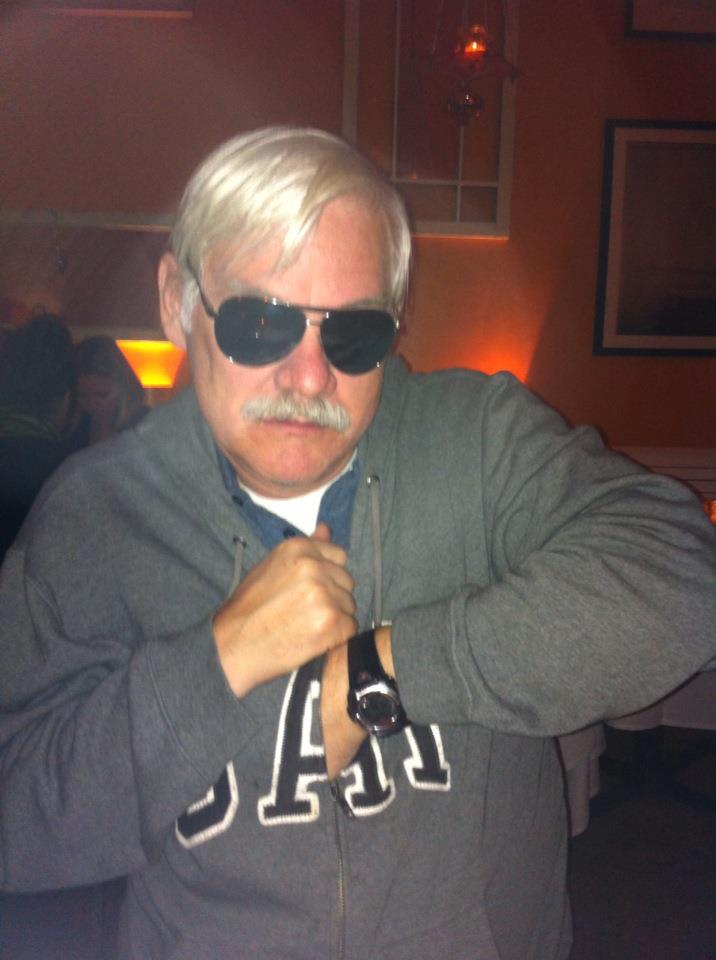In 2000, The World Health Organization (WHO) published a shocking report which ranked the nations of the world according to their ability to care for their country's overall health. As expected, the major industrialized nations all ranked high on the list, while the poorer nations struggled towards the bottom. France was rated overall to have the best health care system with Italy ranked second. In fact, Europe held seven of the top ten spots, with Singapore, Oman and Japan rounding out the top ten. But even more stunning is the fact that European nations held 17 of the top 20 spots. Clearly, Europe has taken health care seriously and their efforts shine through.
Not surprisingly, many African and South Asian countries fared among the worst and South American countries fared only slightly better. But the surprise wasn't that European nations were among the best in health care and African and Asian nations among the worst, but that the world's only superpower WASN'T at the top. Planet Earth's lone 800-pound gorilla, it's star performer among star performers, the giant that put all other giants to shame, could only muster a 37th place finish, well back of the European and other major economies around the world. In fact, the US health care system is behind some countries that one would never picture as having a better system.
For example, Colombia, a third-world nation, ranked 22nd, the tiny island of Cyprus ranked 24th, and Saudi Arabia, United Arab Emirates, Morocco, Finland and Costa Rica all had better health care systems than the US. Even the island of Dominica, in the Caribbean, which has less than 100,000 people total with an annual GDP of less than one billion dollars, had a better health care system than the US.
But perhaps the greatest revelation by far was the fact that Cuba, a nation despised by generations of Americans, a nation that brought the entire globe to the brink of planetary annihilation, the country that has been under American-sanctioned and internationally illegal economic embargo for nearly 50 years, was ranked in 39th position, only two spots behind the US. This means that the country with the largest economy by far, and I mean like way far, far, far away far; the country with the largest percentage of its GDP going to pay for its "incredibly, super-technological, state-of-the-art" health care system; the country that spends more than anyone else in the entire world on managing its health care, was almost dead even with a country that it has economically blocked for 40 years (at the time of the survey) from buying almost any health care equipment. In cartoon terms, Superman had been humbled almost to the level of Scooby-doo.
The WHO study also clearly showed that the US spends more than any other country on health care. But their chart, Fairness of financial contribution to health systems in all Member States, began to identify the cracks in American health care. While Cuba was ranked 23rd in fairness, the US could only muster a tie with Fiji in 54th place. In money spent on health care as a percentage of GDP it was no surprise that the US spent far more than any other country, 13.7%. Cuba couldn't even spend half as much of their GDP that was 1/20th of the US, 6.3%. The Cuban government pays for 87.5% of health care expenses, while the US government pays for only 44.1%. This is not surprising at all, but it is interesting to note that the United Kingdom, a democratic nation, pays well over 90% of all health care expenses. The fact that the US health care expenses eat up over 18% of their budget is to be expected, but the fact that Cuba only spends 10% of their budget on health is quite a surprise. But the most startling factor from that report is the fact that Cuba, with its few monetary resources and limited vendor supply, ranked 36th overall in its health care performance, its ability to use the resources it has in an effective and efficient manner. The US lagged very far behind at 72nd. This really should come as no surprise since Americans have been complaining for a long time about their broken system. What is news to the US public is that the world is in complete agreement with them on this.
In fact, it's a lot worse than that. There's no doubt that the US has some of the best, most modern, most advanced machines the world has ever seen. There's no doubt that the hospital surgical rooms, the research and development centers across the land and the level of sophisticated analysis and access to proper treatment are all of the highest caliber and availability in the US. American Universities, medical manufacturing plants, and level of sophisticated engineering is at the top of the world in almost every category.
But, that's just it. We score at the top in sophistication, technology, R&D advancement, complex diagnosis and treatment, and hospital care. But we also score nearer the bottom for inclusion of ALL citizens; comparable diagnosis, availability and treatment of ALL patients; and affordability of care to everyone. It does no good to have a machine that irradiates and kills all cancer cells, but costs so much that only the members of the local, private golf club can afford it. A death certificate that states, "he died from cancer because he couldn't afford the machine that could have saved his life," looks the same as, "he died from cancer because there was no machine around."
But this doesn't sound like the US of our youth. This isn't the America that we grew up believing in, trusting in, hoping in, and struggling in. I never saw a sign that said, "Worse days to come," when I was growing up in the Central Valley of California. All those Rockwell paintings pointed to better times ahead. Our past was merely a prelude to our future, and we had been a country undefeated at war, unequaled in economy and unsurpassed in technological expertise.
Something doesn't make sense here.
'Splain Lucy!
Say hello to my little buddy, Henry Kaiser
There was a time when the US was the forward thinking powerhouse of our lore. We did have the drive of great men daring great deeds and inching the limits of knowledge ever farther, pushing the envelope past the sticky part. Medicine was not as sophisticated in the frontier days of old, and the health care system anywhere in the world was spotty at best. Then came WWII and the legacy of "Hurry-Up Henry."</p><p>According to Answers.com, "Henry J. Kaiser was born on May 9, 1882, in Sprout Brook, N.Y. He left school at the age of 13 to work, and in 1906 he moved to the West Coast. Sales jobs led him into the construction business, and in 1914 he formed a road-paving firm, which pioneered in the use of heavy construction machinery. His boundless energy, imagination, and optimism were reflected in his company's reputation for speed, efficiency, and economy." He was a model example of Americana. He always looked at projects with an eye to speed up the results, diminish the costs, and improve the quality. World War Two was just what the doctor ordered for Henry (pun intended).
The website museumca.com states, "The World War II shipyard epoch is evoked with examples of contemporary literature (cartoons, comic books, magazines--even movie posters), which celebrate "Hurry Up Henry" as a "can-do" industrialist and a popular American folk hero. Henry J. Kaiser launched more ships than any other builder during World War II, headed the first company to manufacture steel on the West Coast, completed massive construction projects like the Hoover and Grand Coulee dams, and developed a health care organization, headquartered in Oakland, that became a model for HMOs nationwide. Described by one historian as "America's boldest, most spectacular entrepreneur," Kaiser is one of the individuals who have most influenced the history of California and the West Coast."
He did more than influence; he dominated. When he saw his shipyards' were missing employees, he asked why. When he found out that many were sick and underfed, he started a health care system within his company and a cafeteria to feed his workers. He could see full well that sick employees can't work, and hungry employees aren't much better off. The proverbial light bulb clicked and Mr. Kaiser was never afraid of doing the impossible, beginning the inconceivable or creating the unheard of. His workers were sick less, they had fuller stomachs, and their productivity soared. </p><p>His stake in the health care system for America had begun and his son, Edgar, proposed a model for the future health system that we now know as HMO. Kaiser Permanente is the package of goods he presented to John Ehrlichman who then sold it to President Nixon and it became the guiding light of our current health care system. As a result, today we have over 45 million Americans, 15% of the total population, with little or no health insurance. Reducing medical costs for employees only increases profit, so the more cost they can pass onto the public in general, and therefore off of their books, the better the bottom line appears and the greater the bonus becomes for the main officers of the company.
(Note: You can view every article as one long page if you sign up as an Advocate Member, or higher).






